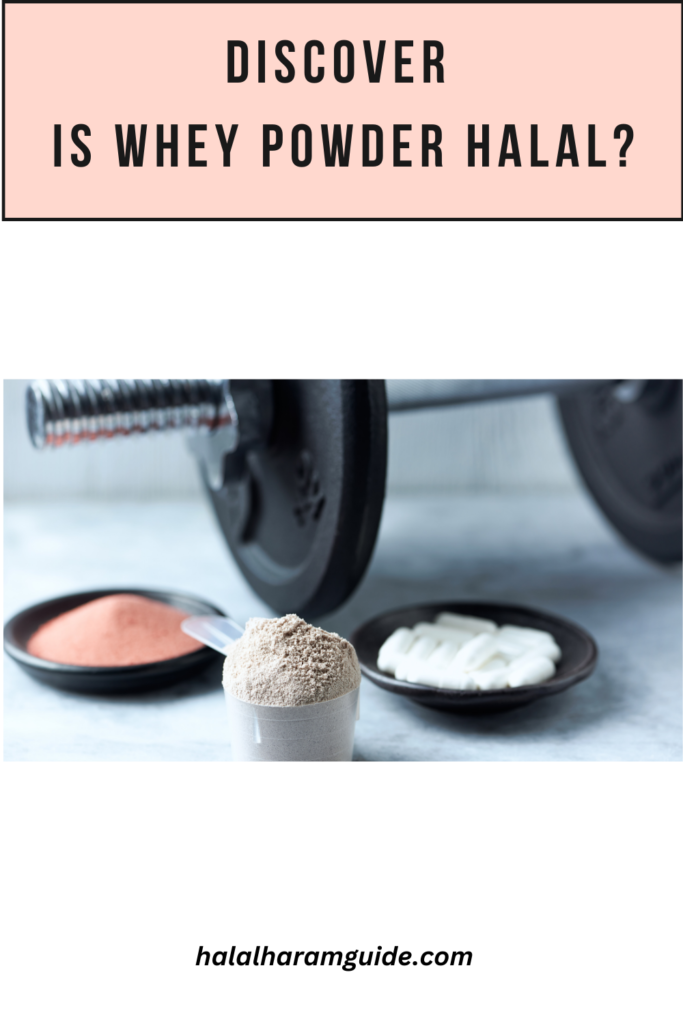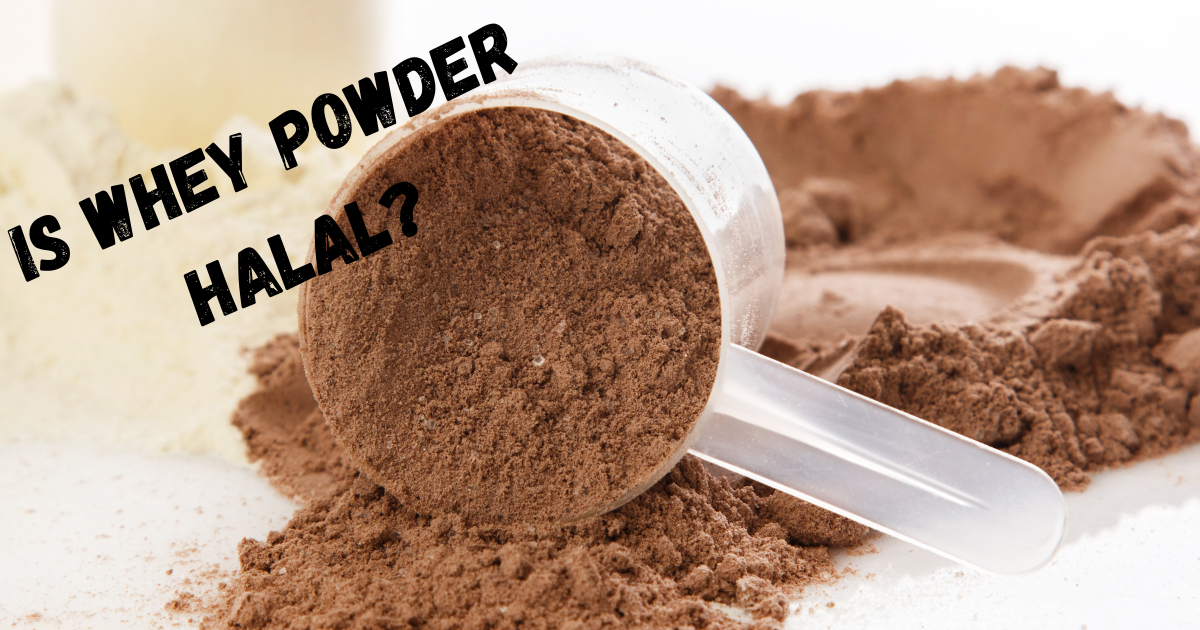Welcome to our comprehensive exploration of is whey powder halal!
In this article, we delve into the question that concerns many Muslims: Is whey powder halal? Whey, a common ingredient derived from milk during cheese-making, is widely used in various food products and dietary supplements.
We aim to provide clarity on whey powder’s permissibility for Muslims by delving into Islamic guidelines and considerations. Understanding the source of whey and the manufacturing process is essential in determining its halal status.
Join us as we navigate the world of whey powder, uncovering whether it aligns with halal principles, and empowering you to make informed choices about its consumption in your daily life.
What is Whey Protein?
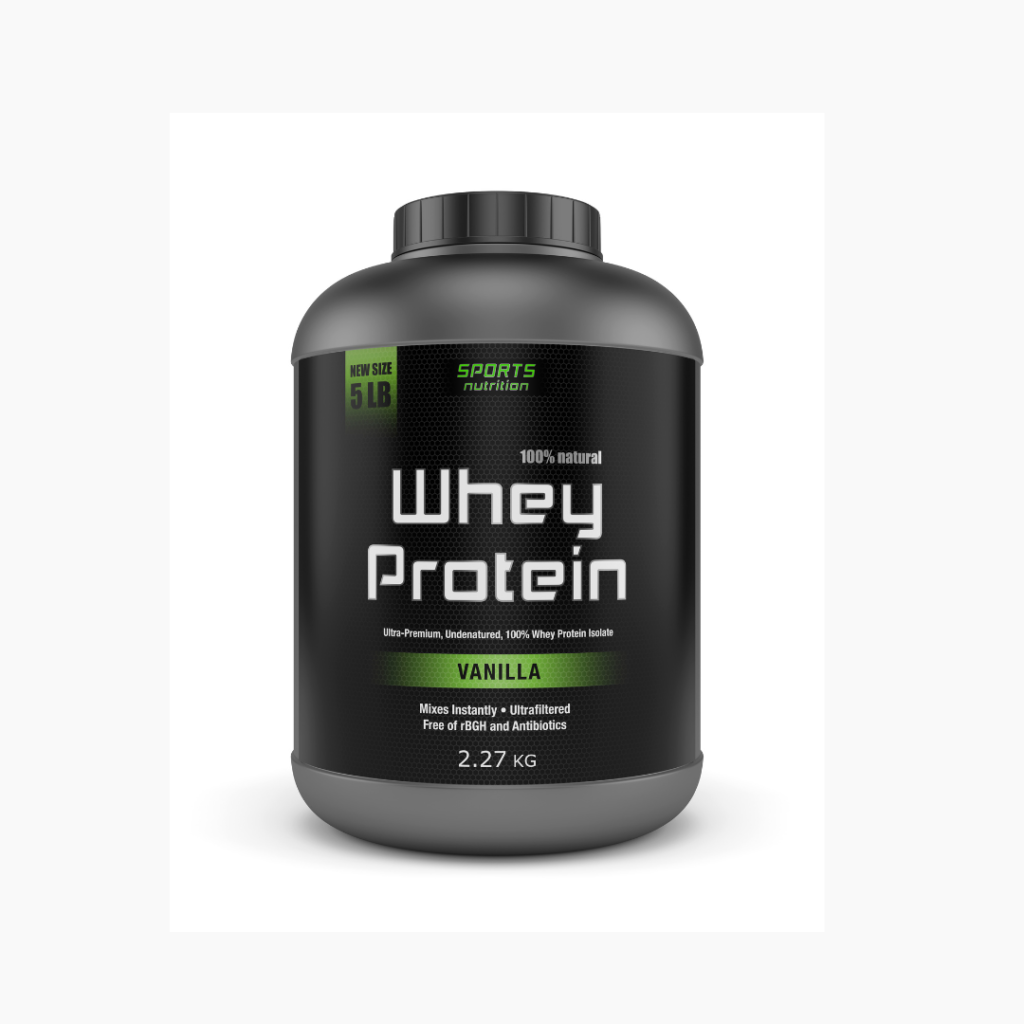
Whey protein is a popular dietary supplement and nutritional powerhouse that has gained immense popularity in the health and fitness community.
It is a high-quality protein derived from whey, which is a liquid by-product produced during cheese-making. Whey protein contains a rich profile of essential amino acids, making it a complete protein source with excellent bioavailability.
It is easily digestible and quickly absorbed by the body, making it an ideal choice for post-workout recovery and muscle building. Whey protein comes in various forms, including whey protein isolate, whey protein concentrate, and whey protein hydrolysate, each offering different protein content and processing methods.
As a versatile supplement, whey protein is used by athletes, bodybuilders, and health-conscious individuals to support muscle growth, weight management, and overall well-being.
In this section, we provide an in-depth explanation of what whey protein is, its sources, and nutritional composition, and its significance as a dietary supplement. Understanding the fundamentals of whey protein lays the foundation for exploring its halal status and its permissibility for Muslims in the subsequent sections.
Is Whey Protein Halal? Understanding Certification
In this crucial section, we address the central question: Is whey protein halal? We delve into the factors that determine the halal status of whey protein and the importance of halal certification. Whey protein, being a derivative of milk, falls under the category of animal-based products, and its permissibility for Muslims depends on the sourcing and processing methods. We explore the considerations regarding the source of whey, ensuring that it originates from halal-certified dairy farms and adheres to Islamic guidelines. Additionally, we discuss the significance of halal certification for whey protein supplements, highlighting the role of reputable halal certification authorities in verifying the halal compliance of the product. Understanding the intricacies of halal certification provides readers with valuable insights to make informed decisions about incorporating whey protein into their halal dietary practices.
Benefits of Halal Whey Protein:
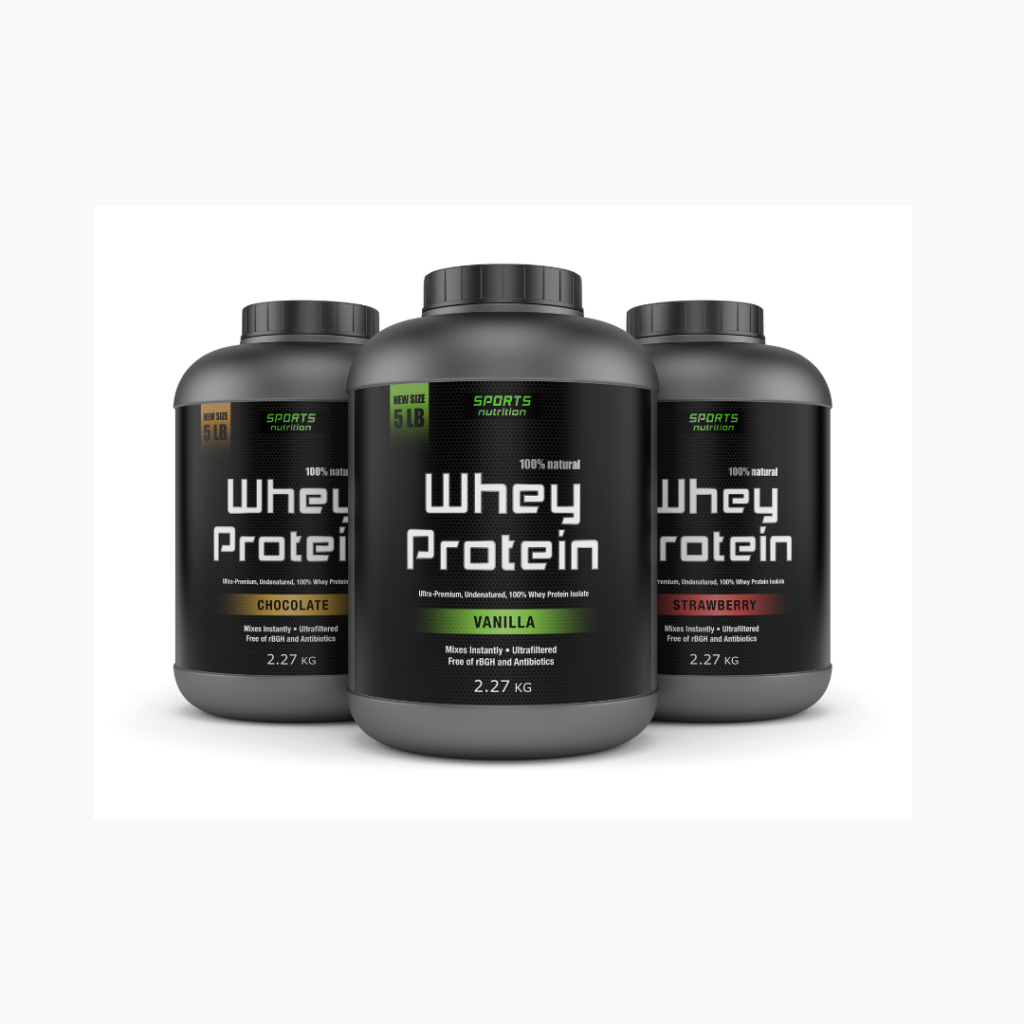
Halal whey protein offers a plethora of advantages that make it an attractive choice for health-conscious individuals, including Muslims seeking halal-certified dietary options.
Firstly, it provides a high-quality source of protein, containing all the essential amino acids necessary for muscle repair and growth. The bioavailability of whey protein ensures efficient absorption and utilization by the body, promoting faster recovery after intense workouts.
Additionally, whey protein has been shown to support weight management by promoting satiety and reducing cravings. It also aids in maintaining lean muscle mass, which is crucial for overall health and fitness goals.
Beyond its muscle-building properties, halal whey protein may offer immune system support and antioxidant benefits due to its rich content of immunoglobulins and antioxidant compounds.
By choosing halal whey protein, Muslims can reap the numerous health benefits while ensuring compliance with their religious dietary beliefs.
Alignment With Religious Beliefs:
One of the primary advantages of halal whey protein is its alignment with Islamic dietary guidelines. For Muslims seeking to maintain a halal lifestyle, consuming halal-certified whey protein ensures that their nutritional choices adhere to their religious beliefs.
This alignment provides peace of mind and fosters a sense of spiritual satisfaction, knowing that the protein supplement is sourced and manufactured in accordance with halal principles.
High-Quality Protein Source:
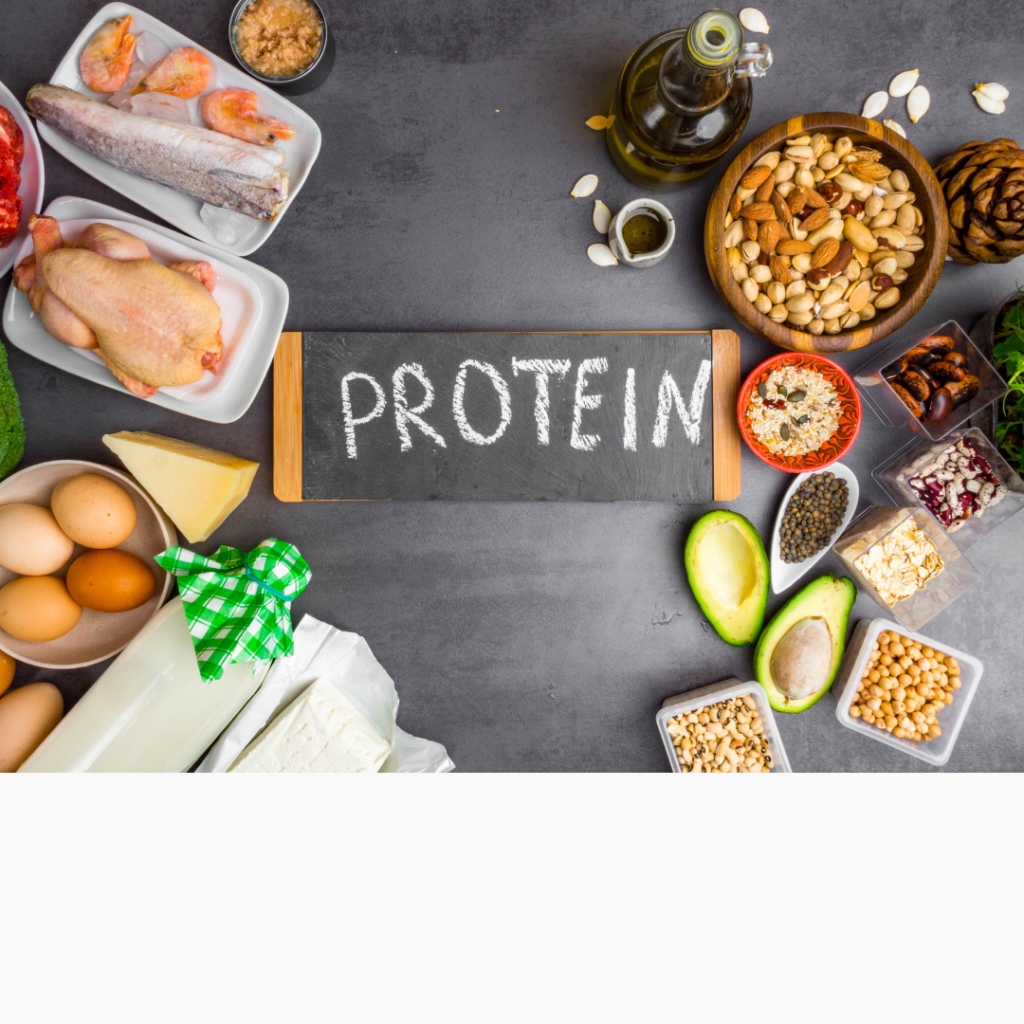
Halal whey protein offers a high-quality and complete protein source, rich in essential amino acids. Its excellent biological value makes it a preferred choice for muscle repair and growth, post-workout recovery, and overall protein supplementation.
The amino acid profile of whey protein aids in supporting the body’s various physiological functions, including immune system maintenance and enzymatic activities.
Enhanced Trust and Transparency:
Halal certification instills trust and transparency in the whey protein product and the manufacturer. Companies that undergo rigorous halal certification processes demonstrate their commitment to complying with halal guidelines.
This transparency fosters consumer confidence in the authenticity and integrity of the whey protein they consume. The halal certification also ensures that the entire supply chain, from sourcing the whey to the final product, follows halal practices, providing consumers with reliable and credible information.
In this section, we highlight the benefits of choosing halal whey protein over non-halal alternatives. We emphasize the alignment with religious beliefs, the nutritional advantages, and the importance of trust and transparency in halal-certified products.
Understanding these benefits empowers readers to make informed decisions when selecting whey protein supplements that align with their dietary preferences and beliefs.
Concerns Related to Halal Whey Protein:
Halal Certification Verification:
One of the primary concerns related to halal whey protein is the verification of its halal certification. With the increasing demand for halal products, there is a need for consumers to ensure that the whey protein they choose carries a valid halal certification from reputable and recognized certification bodies.
Some products may claim to be halal without proper certification, leading to uncertainty for consumers.
Cross-Contamination Risk:
Another concern is the potential for cross-contamination during the manufacturing process. Whey protein supplements may be produced in facilities that also handle non-halal ingredients or products.
This raises questions about whether strict measures are in place to prevent cross-contamination and maintain the purity of halal whey protein.
Understanding Ingredients and Additives:
Some whey protein products may contain additives or flavorings that require further investigation to determine their halal status.
Consumers may need to research and verify the halal status of these additional ingredients to ensure compliance with their dietary beliefs.
Global Availability:
Availability of halal-certified whey protein may vary by region, and not all markets may offer a wide range of halal options. Muslims living in certain areas may face challenges in finding a diverse selection of halal whey protein products.
In this section, we address the concerns that consumers may have related to halal whey protein. By acknowledging and providing insights into these concerns, readers can make informed decisions and address any potential challenges in their quest for halal whey protein that aligns with their dietary and religious preferences.
Choosing a Trusted Halal Whey Protein Source:
In this section, we provide valuable guidance on selecting a trusted halal whey protein source. We highlight the importance of checking for credible halal certifications from recognized authorities to ensure the product’s authenticity.
Additionally, we may discuss the significance of researching the manufacturer’s reputation and commitment to halal practices. By providing practical tips and insights, readers can navigate the market confidently and choose a halal whey protein source that meets their dietary and religious requirements.
Halal Whey Protein Powder at The Protein Factory:
In this part, we specifically showcase The Protein Factory as a reliable source for halal whey protein powder. We may explore the company’s commitment to halal practices, the certification process they undergo, and the range of halal-certified whey protein products they offer.
By spotlighting a trusted supplier, readers can have a convenient and reputable option for purchasing halal whey protein powder.
Conclusion:
The “Conclusion” section serves as the culmination of the entire article. We summarize the key points discussed throughout the blog, including the benefits of halal whey protein, related concerns, and tips for choosing a trusted source.
We reiterate the significance of adhering to halal dietary guidelines for Muslim consumers and the importance of conducting thorough research when selecting halal whey protein products.
By offering a comprehensive overview, readers are equipped to make informed decisions and confidently integrate halal whey protein into their health and fitness journey while staying true to their religious beliefs.
FAQS
FAQS on topics Whey powder Halal
Q: Is whey powder halal?
A: Whey powder can be halal if it is derived from halal-certified sources and processed in accordance with Islamic dietary laws.
Q: How can I know if a whey powder is halal?
A: Look for halal certification or labels from reputable halal certification authorities. They ensure that the product meets halal standards.
Q: Are all whey powders halal?
A: Not necessarily. Whey powder can be sourced from various suppliers, and not all may adhere to halal guidelines.
Q: Can I consume whey powder if I follow a halal diet?
A: Yes, you can consume halal-certified whey powder, which meets the requirements of a halal diet.
Q: What should I do if I am unsure about the halal status of whey powder?
A: If you are unsure, it is best to seek advice from a knowledgeable religious authority or consult with a halal certification organization.
Q: Are there any specific guidelines for halal whey powder consumption?
A: Generally, halal guidelines recommend avoiding whey powder derived from non-halal sources or processed using non-halal methods.
Q: Is halal whey powder widely available?
A: Yes, many manufacturers offer halal-certified whey powder products, which can be found in specialty stores or online.
Q: Can non-Muslims consume halal whey powder?
A: Yes, halal products are permissible for consumption by people of all faiths and backgrounds.
- “Is Lobster Halal? Understanding Its Permissibility”
- “Is Drawing Haram in Islam? Understanding the Perspective”
- “Is Fermented Kimchi Halal? Exploring Kimchi’s Halal Status”
- “Is Collagen Halal? Unveiling the Halal Status of Collagen”
- “Is Wine Vinegar Halal? Unveiling Its Permissibility”
